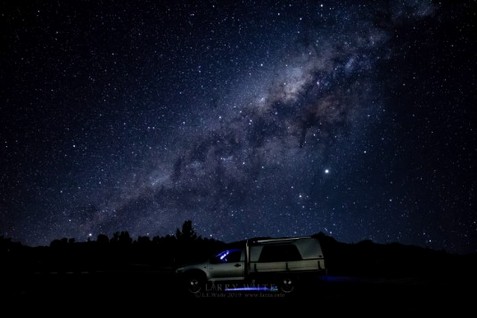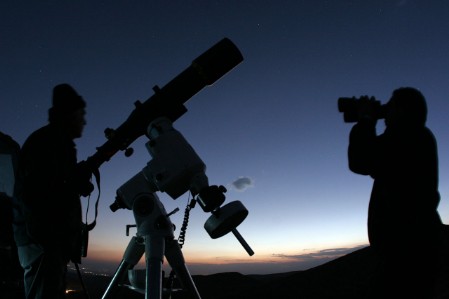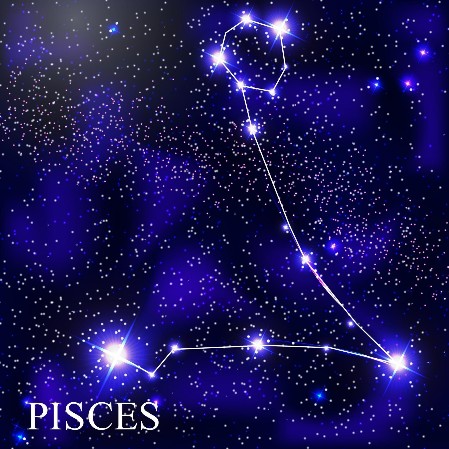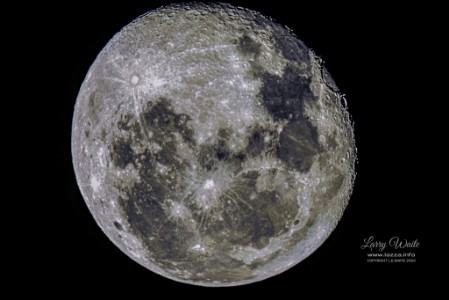Astro
Basics
'Astronomy' is a natural science that studies celestial objects and phenomena. It uses mathematics, physics, and chemistry in order to explain their origin and evolution'. Sounds difficult? well it is, and it isn't.

Essentially, astronomy is the study of everything in space, from stars and planets to galaxies. Astronomers use telescopes and various instruments to observe and decode the universe's secrets. It's kind of like peeking through a giant magnifying glass to learn about the mysteries of the sky and what's beyond our own planet Earth.
Astronomers use various tools like telescopes, spectroscopes, and other instruments to explore the cosmos and seek answers to questions about the nature of the universe, its origins, evolution, and the laws that govern its behaviour. Astronomy encompasses a wide range of disciplines, from the study of individual celestial bodies to the exploration of the vastness of space and the fundamental principles shaping our understanding of the cosmos.
There are many free apps that you can use on your phone to assist you in identifying the stars, planets, clusters, nebulas and more such as Stellarium, Skymap, Sky Safari and more.
Astro-photography is simply capturing night sky objects. This can be as in the example above, just pointing a camera into space and taking a shot, to carefully selecting a landscape with the sky in the top of the composition, and taking that shot at night.
'Cosmology' on the other hand, is a branch of astronomy but with a distinct focus on the broader structure and nature of the universe as a whole. It seeks to understand the origin, evolution, large-scale structure, and eventual fate of the entire universe.
However, astronomy can be as simple as looking up at the night sky and identifying the stars, planets and more. You can use the naked eye in very dark areas, binoculars, a simple telescope and even a camera with a wide angle lens mounted on a tripod set to a slow shutter speed. Point it at the brightest area in the sky and take a shot. You will be amazed by what the camera can see compared to your eyes.

Then there is 'Astrology' which is not a science; there's no evidence that one's zodiac sign actually correlates to personality. But the system has its own sort of logic.
Speaking of Zodiacs, to make out the zodiac shapes in the actual sky, you need a good imagination to spot them.
The image on the left is supposed to be two fish.
I can't help wondering what drugs the ancients were on when they came up with the constellation characters.

Throughout history, astronomy has played a crucial role in shaping human understanding, navigation, timekeeping, technology, and even cultural development to name a few.
In essence, astronomy's impact extends far beyond scientific discoveries, influencing various aspects of human life, technological advancement, and our understanding of the universe. Astronomy has influenced art, literature, and cultural beliefs throughout history. Many ancient monuments, like Stonehenge, are aligned with celestial events, demonstrating the cultural significance of astronomy. In addition, astronomical discoveries have shaped narratives in mythology, philosophy, and religious beliefs, but we just want to take pictures, right?


